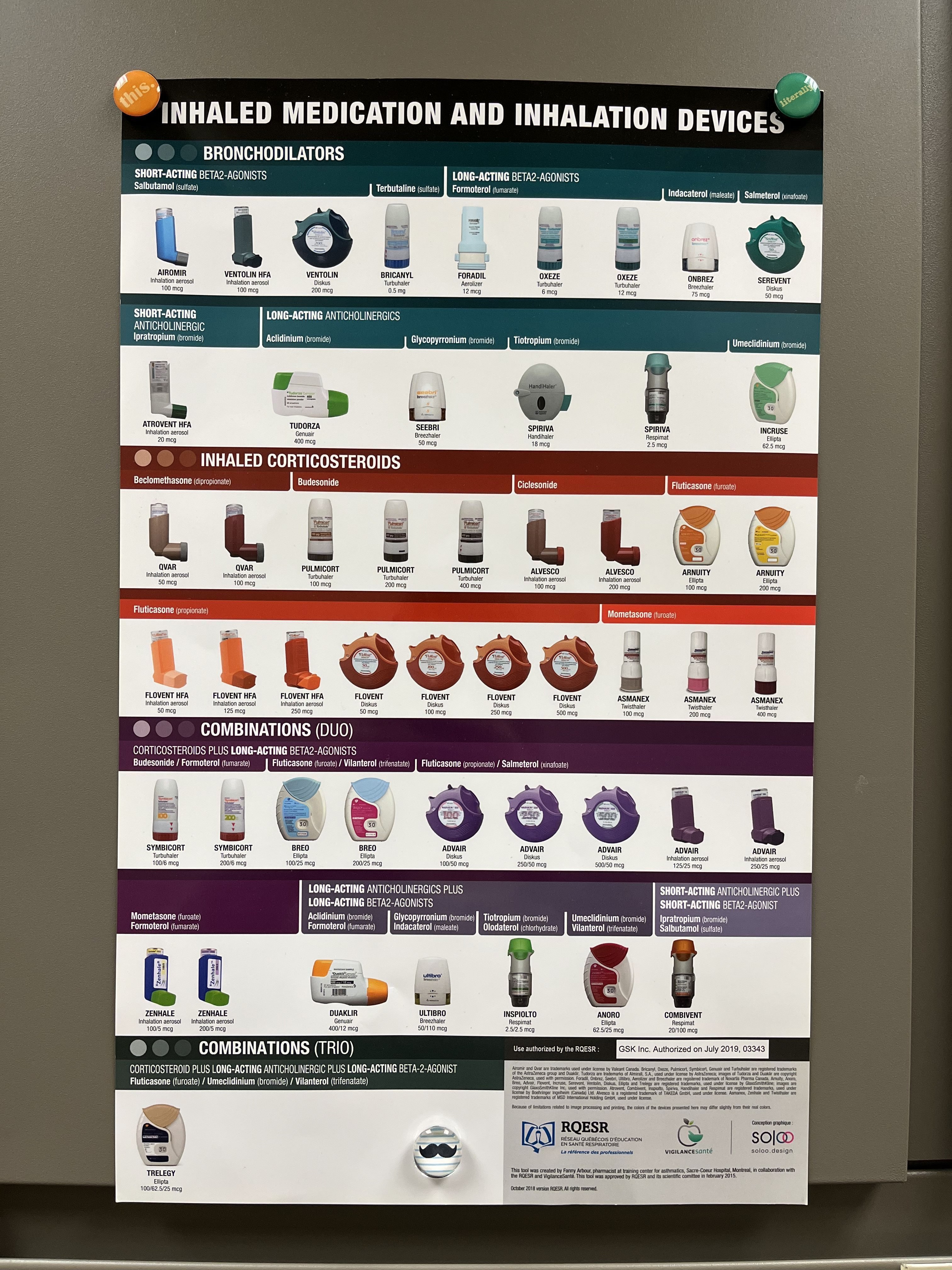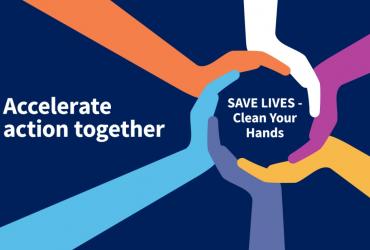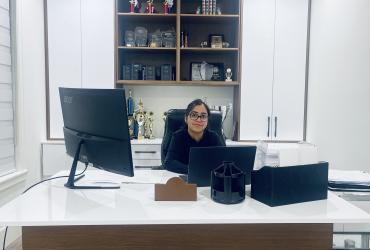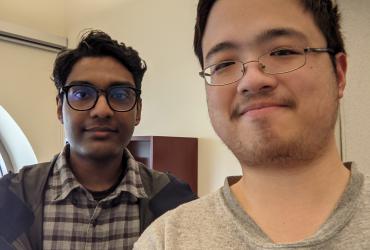Orientation and First Weeks
The first week of the work term mostly consisted of going through training modules. It was essential to complete these training modules before I started my role as a Research Assistant. The information in the training modules emphasized the importance of participant safety, research ethics, Good Clinical Practices (GCP), and compliance in clinical trials.
It also gave me the opportunity to meet other people such as physicians, nurses, and respiratory technicians, who worked in the office. Aside from offering respiratory research, the clinic also offers services such as clinical care for respiratory patients, airway and asthma/COPD education, pulmonary function testing, and skin testing for aeroallergens.
Day to Day
In my first work term, I focused on recruiting participants with respiratory symptoms including shortness of breath, wheezing, chest tightness, and persistent coughing, but had no official respiratory diagnosis. My position and daily activities were dependent on the recruitment of participants to bring in for on-site study assessments. This required making telephone calls daily and ensuring that potential participants met the study inclusion/exclusion requirements that were outlined in the study protocol. They were invited to enroll in the study and attend an on-site visit if they qualify based on the screening questions.
During the visit, I was responsible for ensuring the participant was informed about the study and collecting informed consent as per GCP requirements and the institutional Standard Operating Procedures for the informed consent process. Once enrolled, participants were asked to complete some patient-reported outcome questionnaires, and I conducted breathing tests called spirometry to assess for undiagnosed asthma and/or COPD. I was responsible for scheduling and managing the visits, as well as preparing the source documents for the required data collection variables, before the scheduled visits.
When I am not actively recruiting patients for studies, I am helping out with other aspects of the studies. This includes working on tasks such as creating site source documents, entering and auditing data from the patient-reported outcome questionnaires, filing and maintaining source documents, and performing serial dilutions for methacholine challenge tests and allergy inhalation tests.
Learning and Adaptation
Given that this was my first hands-on experience within the clinical research field, the first few weeks on the job felt quite overwhelming. There were so many aspects of the job that I had to learn, and I wanted to make sure that I was able to understand and apply everything that was being taught to me. However, my supervisor and colleagues were incredibly supportive, understanding, and helpful. I am glad that I started out with a solid foundation of knowledge with this team. It has helped me stay motivated as I slowly became more confident and was able to adapt seamlessly to my role as a Research Assistant.
Accomplishments and Challenges
Recruiting participants for studies can be quite challenging, especially when you have to make cold calls. Some potential participants forgot that they received an automated phone call about the study, while some were simply too difficult to follow up due to their limited availability.
Despite these challenges, I was able to recruit 20 participants for the main study that I was working on. This means that these participants had the respiratory symptoms that were outlined above. However, they were not given an official respiratory diagnosis due to the results of their spirometry test.
I also recruited 1 participant for our randomized controlled trial. This means that this participant had the respiratory symptoms that were outlined above. They were also formally diagnosed with a respiratory diagnosis based on the results of their spirometry test.















